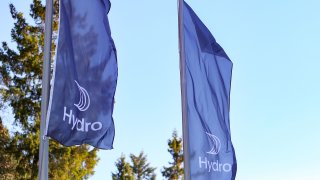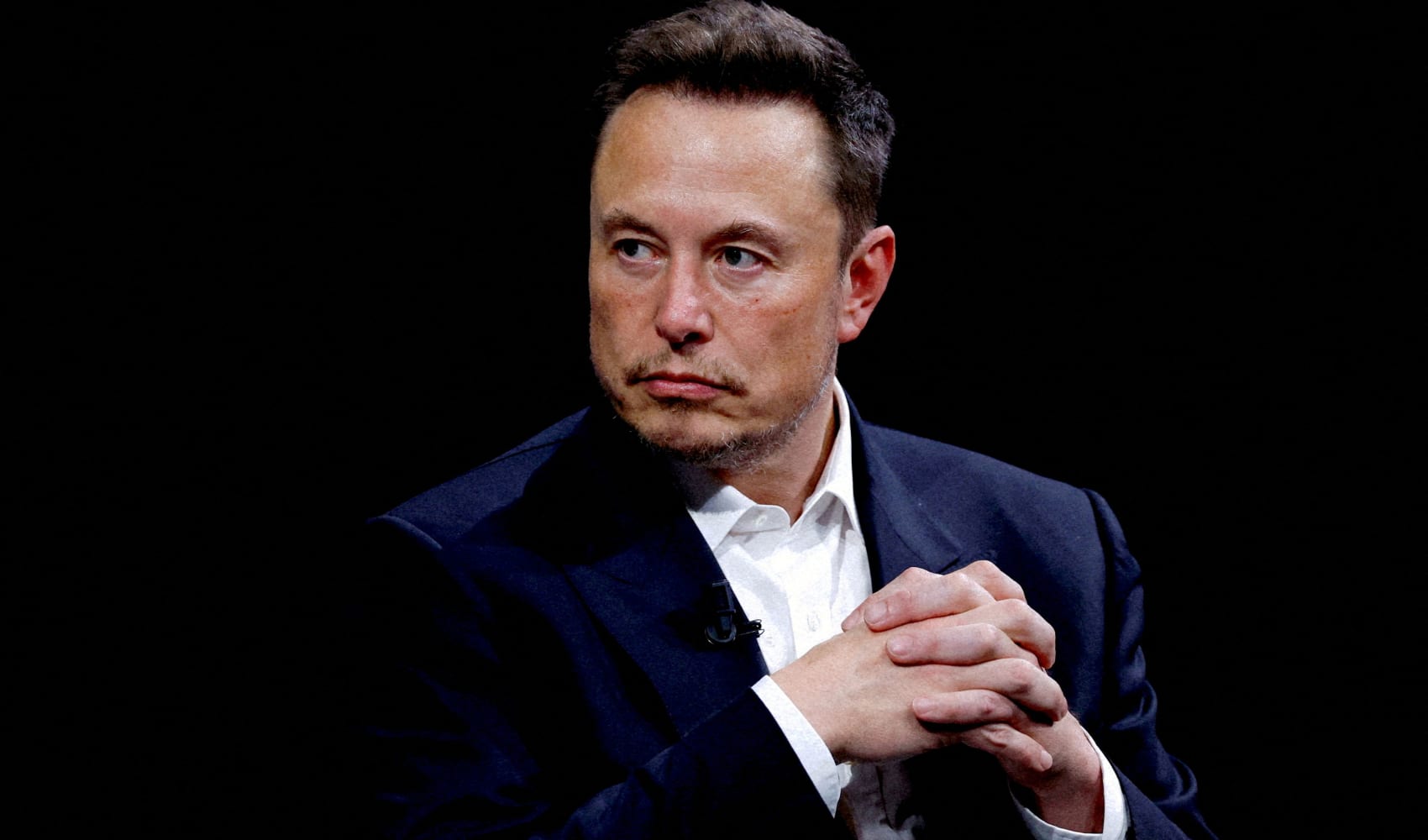
- While there is excitement about the potential of green hydrogen in some quarters, the sector also faces challenges.
- In October, the CEO of Siemens Energy told CNBC there was "no commercial case" for it at this moment in time.
Norsk Hydro and fossil fuel giant Shell are to look into the potential of joint projects focused on green hydrogen production.
In an announcement Tuesday, Norway's Hydro said a memorandum of understanding had been signed between the two parties.
Under the deal, Shell and Hydro's green hydrogen business, Hydro Havrand, will focus on the joint generation and supply of hydrogen "produced from renewable electricity in hubs centered around Hydro and Shell's own business, and where they see strong potential for scaling production for customers in heavy industry and transport."
Get South Florida local news, weather forecasts and entertainment stories to your inbox. Sign up for NBC South Florida newsletters.
From sites in Europe, the initial aim is to find opportunities for the production and supply of renewable hydrogen for their own operations alongside the wider market. "The intention is to expand into additional regions and locations over time," Hydro said.
Hydrogen can be produced in a number of ways. One method includes using electrolysis, with an electric current splitting water into oxygen and hydrogen.
If the electricity used in this process comes from a renewable source such as wind or solar then some call it green or renewable hydrogen.
Money Report
While there is excitement about the potential of green hydrogen in some quarters, it remains expensive to produce. Currently, the vast majority of hydrogen generation is based on fossil fuels.
Shell is itself a major player in oil and gas, but says it wants to become a net-zero emissions energy firm by 2050.
In February, the business confirmed its total oil production had peaked in 2019 and said it expected its total carbon emissions to have peaked in 2018, at 1.7 metric gigatons per year.
In a landmark ruling earlier this year, a Dutch court ordered Shell to take much more aggressive action to drive down its carbon emissions and reduce them by 45% by 2030 from 2019 levels.
The verdict was thought to be the first time in history a company has been legally obliged to align its policies with the 2015 Paris Agreement. Shell is appealing the ruling, a move that has been sharply criticized by climate activists.
Hopes for hydrogen
In recent years, a number of major companies have announced projects related to green hydrogen. It was recently announced that a deal related to the supply and distribution of green hydrogen in the U.K. had been struck.
In an statement, Australia-headquartered Fortescue Future Industries said it would become the U.K.'s largest supplier of green hydrogen after signing a memorandum of understanding with construction equipment firm JCB and Ryze Hydrogen.
Fortescue described it as a "multi-billion-pound deal" but did not reveal exact figures.
In October, the CEO of Siemens Energy spoke of the issues he felt were facing the green hydrogen sector, telling CNBC that there was "no commercial case" for it at this moment in time.
In comments made during a discussion at CNBC's Sustainable Future Forum, Christian Bruch outlined several areas that would need attention in order for green hydrogen to gain momentum.
"We need to define boundary conditions which make this technology and these cases commercially viable," Bruch, who was speaking to CNBC's Steve Sedgwick, said.
"And we need an environment, obviously, of cheap electricity and in this regard, abundant renewable energy available to do this." This was not there yet, he argued.
—CNBC's Sam Meredith and Chloe Taylor contributed to this article.






